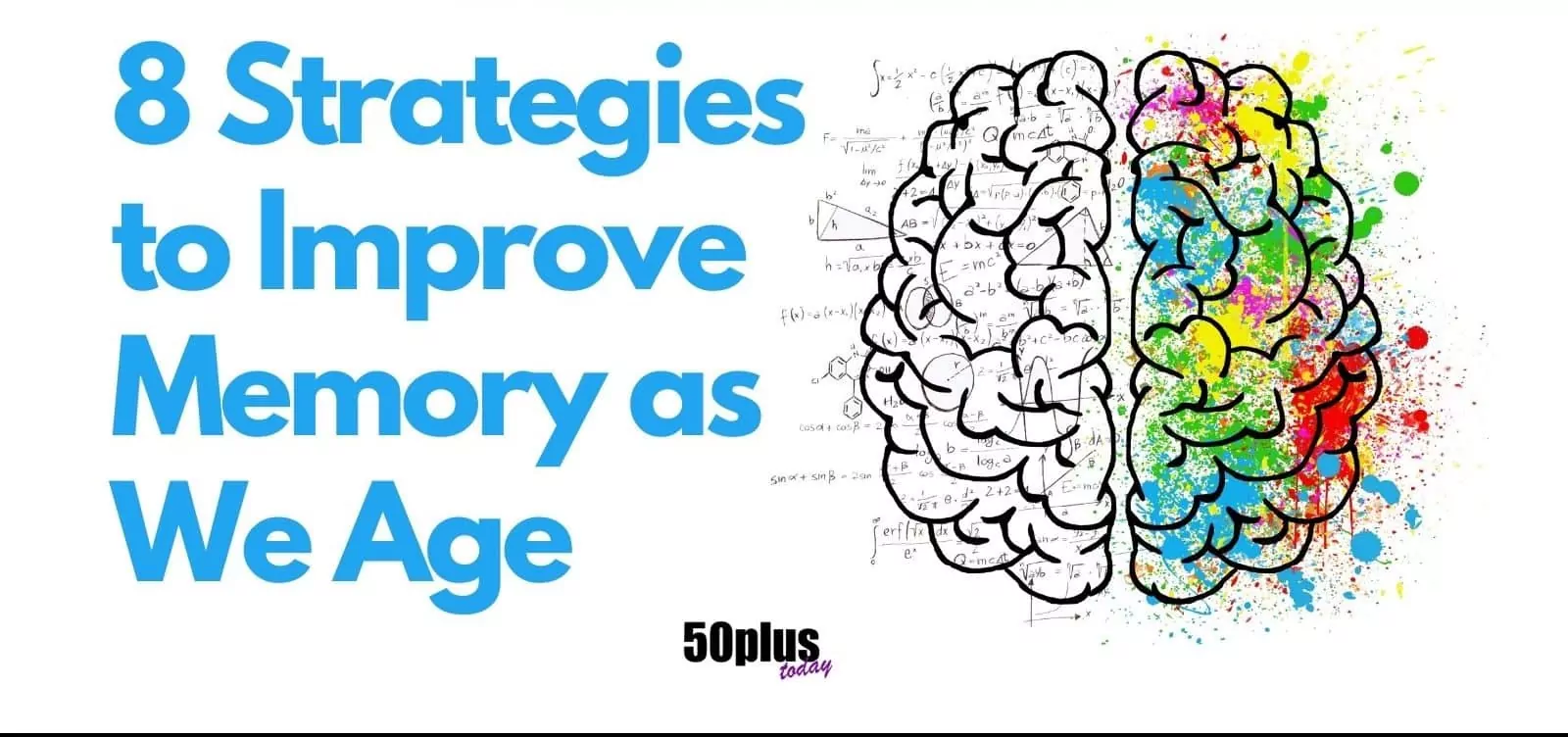by Ellen Blake
It’s a fact some of us have better memories than others. I’m lucky I am able to remember minute details that I store in my brain for years and access them quickly when needed. Lately, however, I feel my memory is not quite as sharp as it used to be.
Brain science tells us memory changes with age in various ways. Dana.org created some excellent resources in honor of BRAIN AWARENESS WEEK that outline simple strategies that can help improve our ability to learn and remember things more easily. Below are some of their recommendations:
Strategies to Improve Memory
Below are 8 simple strategies to help improve your memory as you age.
Relax.
Tension and stress make memory lapses more likely. We can’t control everything in our lives, but we can try to control our reactions, which improves learning and recall.
Slow down, pay attention and focus.
Reduce distractions and interruptions and pay close attention to what you are doing if you want to remember it later. Don’t rush; take time to be fully present and focused.
Repeat it.
Repetition strengthens connections in your brain.
Write it down.
Written notes both repeats the information and provides a visual reminder. Keep a small notepad in your pocket or purse and leave one by the bed to make it easy to write down important messages to jog your memory. You can also use your calendar or smartphone to write notes to yourself.
Visualize.
Give your brain another way to access the information by creating an image of what you want to remember to improve recall.
Make associations.
To embed information in existing synaptic connections, relate new experiences and concepts to what you already know. Many people use these techniques to remember names. For example, you might associate a person you meet at a function with the name of the venue.
Organize.
Choose a place to keep things you use frequently in your home and put them back in that spot after using.
Plan and prioritize.
Multitasking is often more difficult as we age, which makes planning ahead critical. Prioritize all you need to do and realize some things simply must wait.
The Bottom Line
Many people worry about their memory diminishing with age. Try these strategies to help you to improve your memory. We hear often that people find them helpful. And remember that a healthy lifestyle in general is as important as these other tips to remain sharp as you age.
FAQs
Here are some commonly asked questions about memory from our readers.
Can memory be improved?
Yes, memory can be improved through various strategies, techniques, and lifestyle changes.
What are some common causes of memory problems?
Memory problems can be caused by stress, lack of sleep, poor nutrition, aging, medical conditions (like Alzheimer’s disease), and certain medications.
How can I enhance my short-term memory?
Improving short-term memory can be done by staying organized, using mnemonic devices, repeating information, and paying focused attention to what you’re trying to remember.
Does physical exercise benefit memory?
Yes, physical exercise has been linked to improved cognitive function, including memory. Regular aerobic exercise increases blood flow to the brain, which can support memory and overall brain health.
How does sleep affect memory?
Sleep is essential for memory consolidation, the process by which short-term memories are converted into long-term memories. Lack of sleep can impair memory function.
Can mental exercises improve memory?
Yes, engaging in activities that challenge your brain, such as puzzles, crosswords, sudoku, and learning new skills or languages, can help keep your mind sharp and improve memory.
How does stress affect memory?
High levels of stress can impair memory by affecting the brain’s ability to encode and retrieve information. Managing stress through relaxation techniques, mindfulness, and regular breaks can help mitigate its impact on memory.
Does social interaction play a role in memory improvement?
Yes, social interaction and maintaining strong relationships can help support cognitive function and memory. Engaging in conversations and social activities stimulates the brain.
Can multitasking hinder memory?
Multitasking can divide your attention and make it more difficult to retain information. Focusing on one task at a time can help improve memory retention.
Is it normal to forget things occasionally?
Yes, forgetting occasional details or names is normal, especially as we age. However, consistent and significant memory problems may warrant professional evaluation.
Memory improvement is a gradual process that involves consistent effort and a holistic approach to overall well-being. If memory issues persist or worsen, it’s advisable to consult a healthcare professional to rule out any underlying medical conditions.










